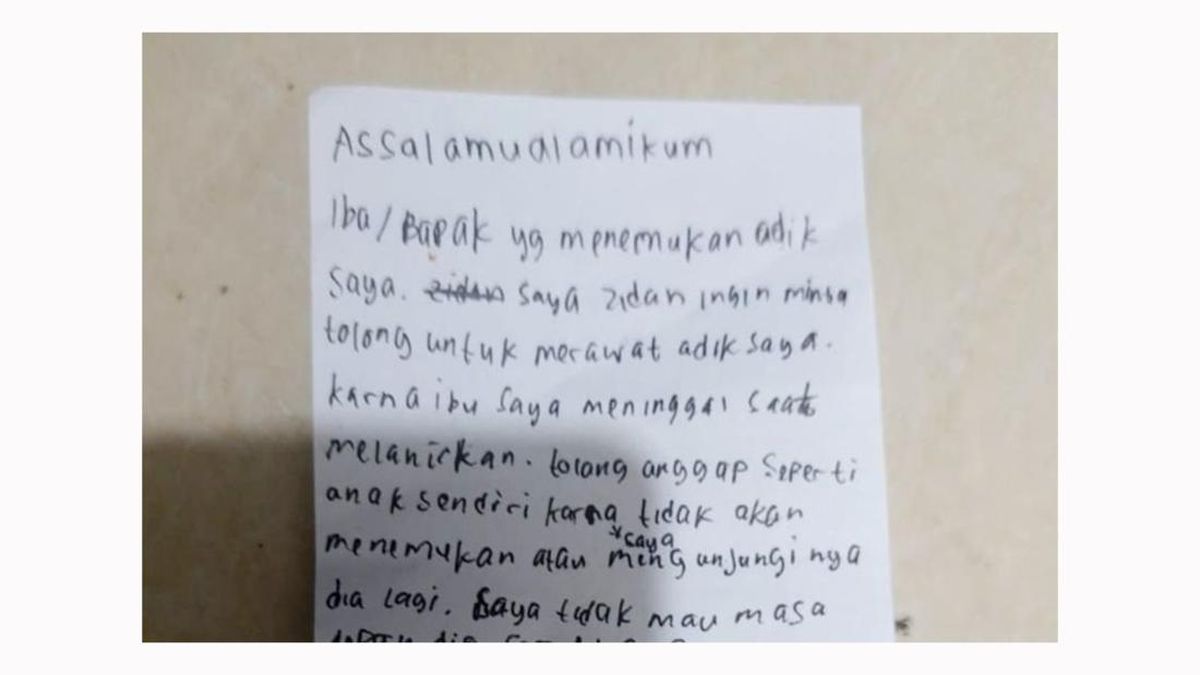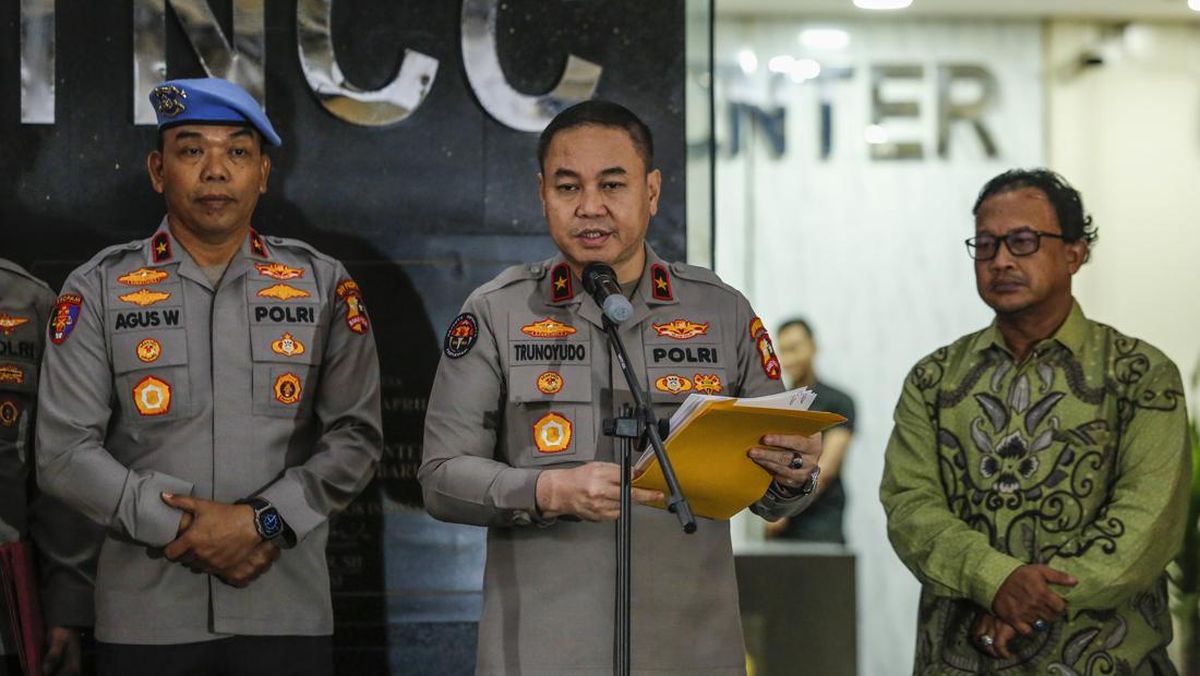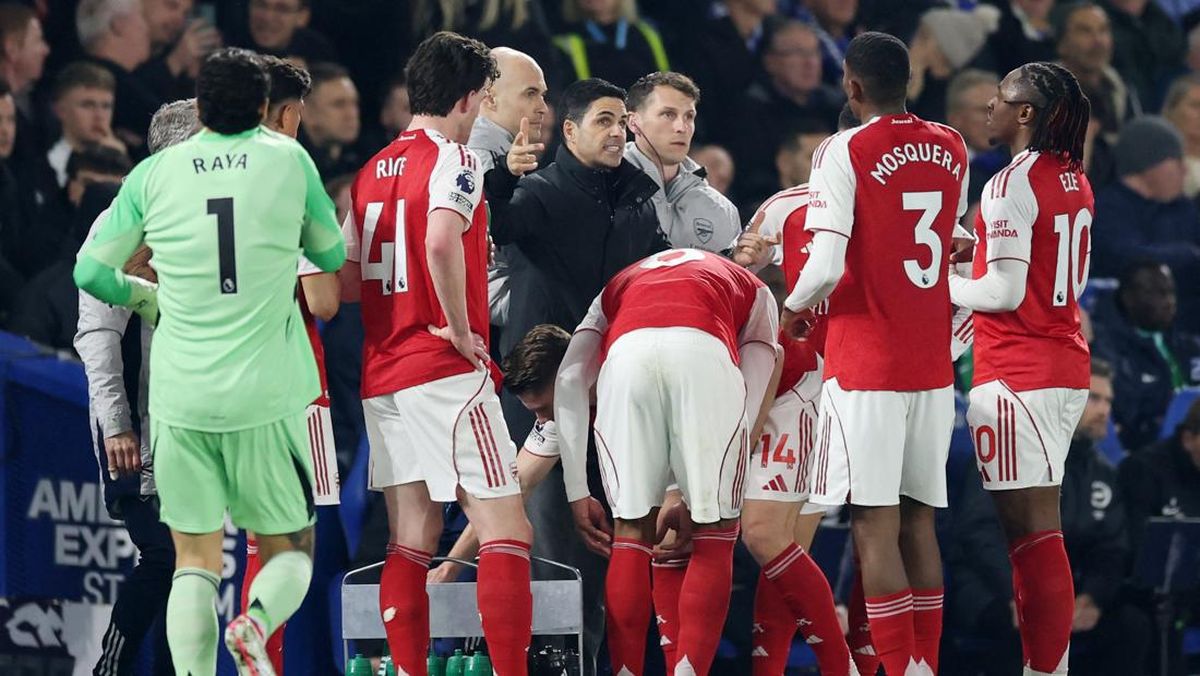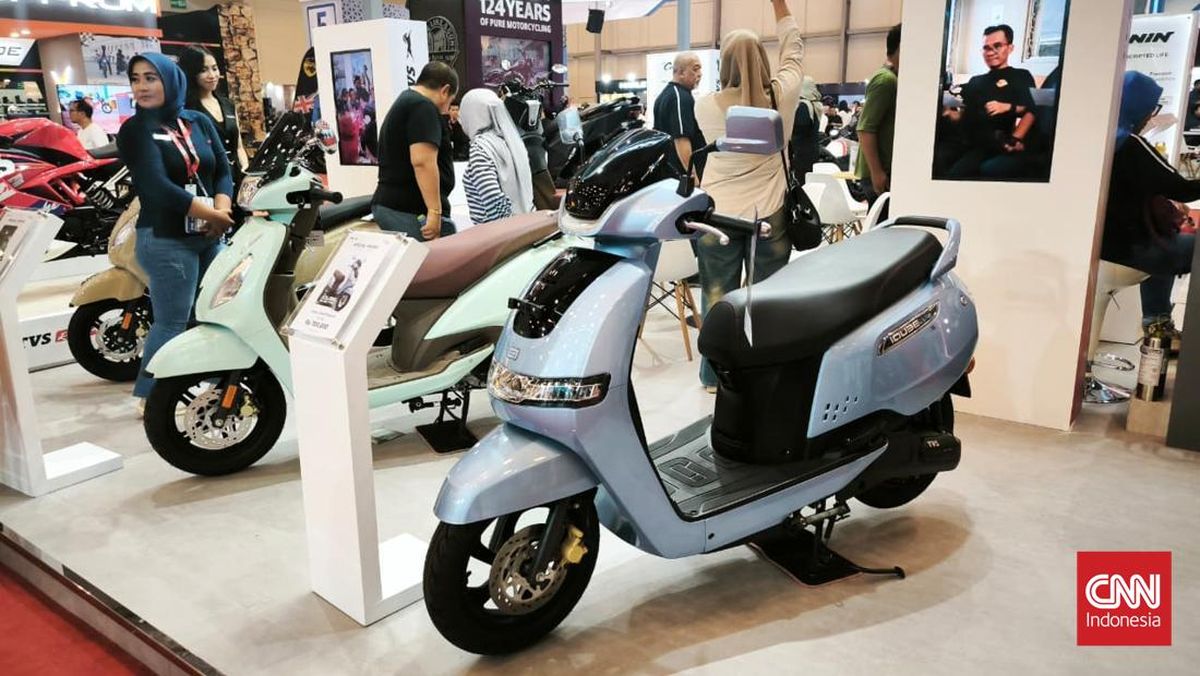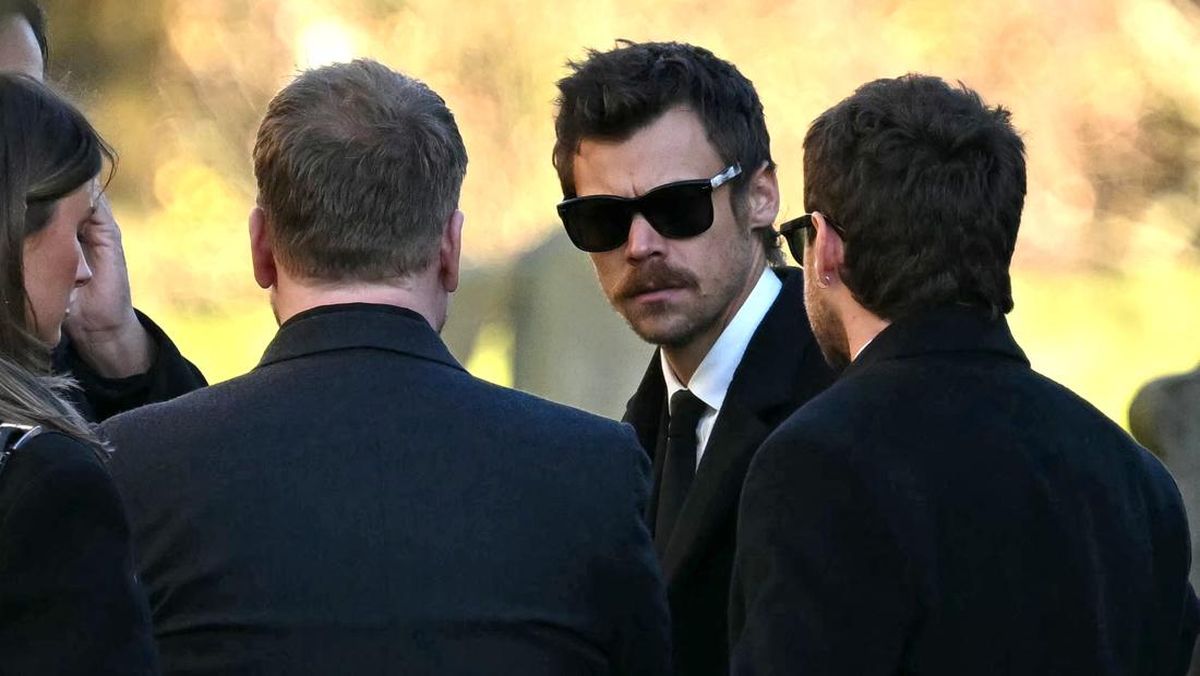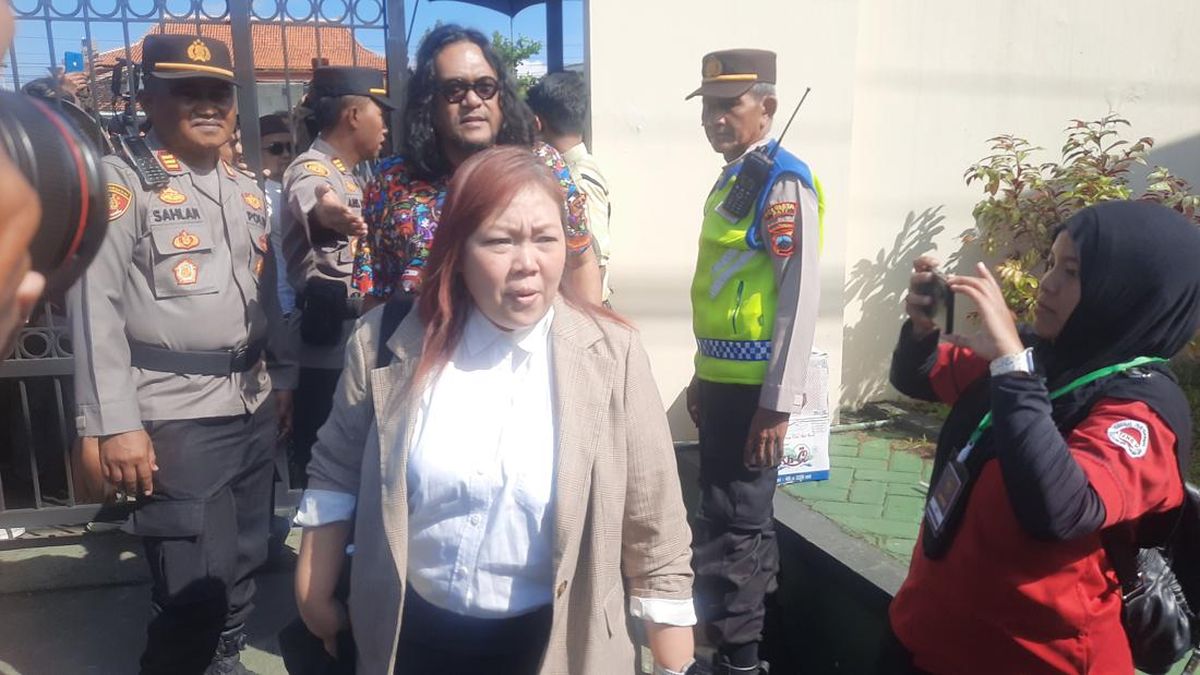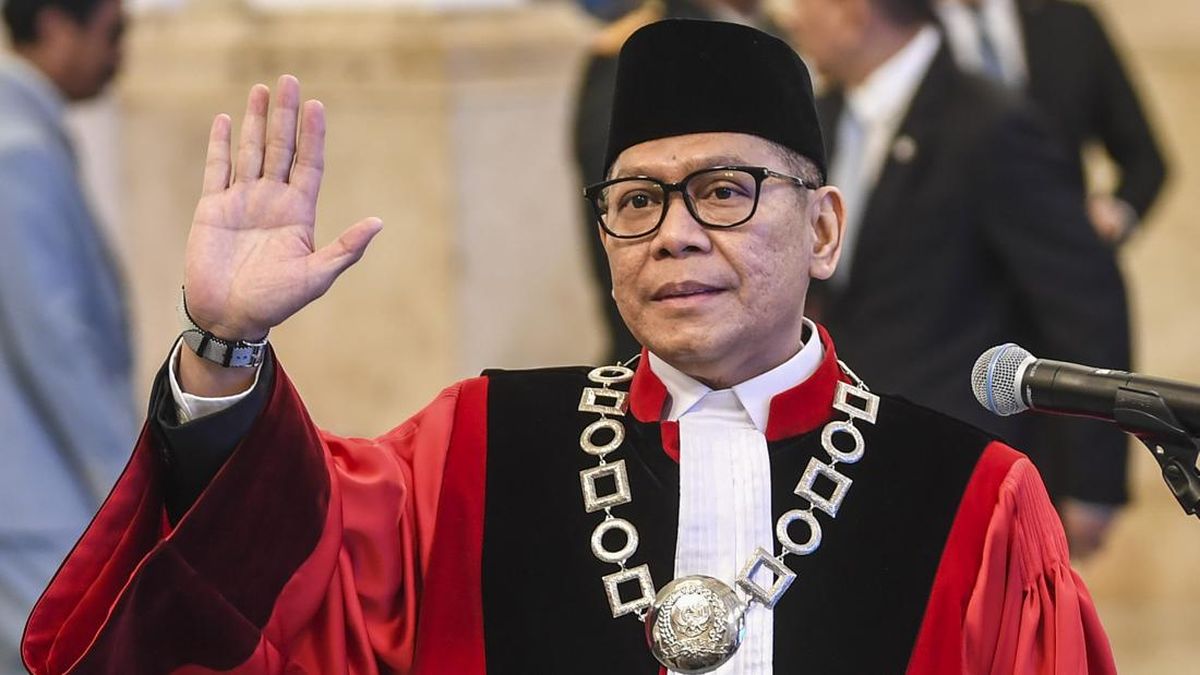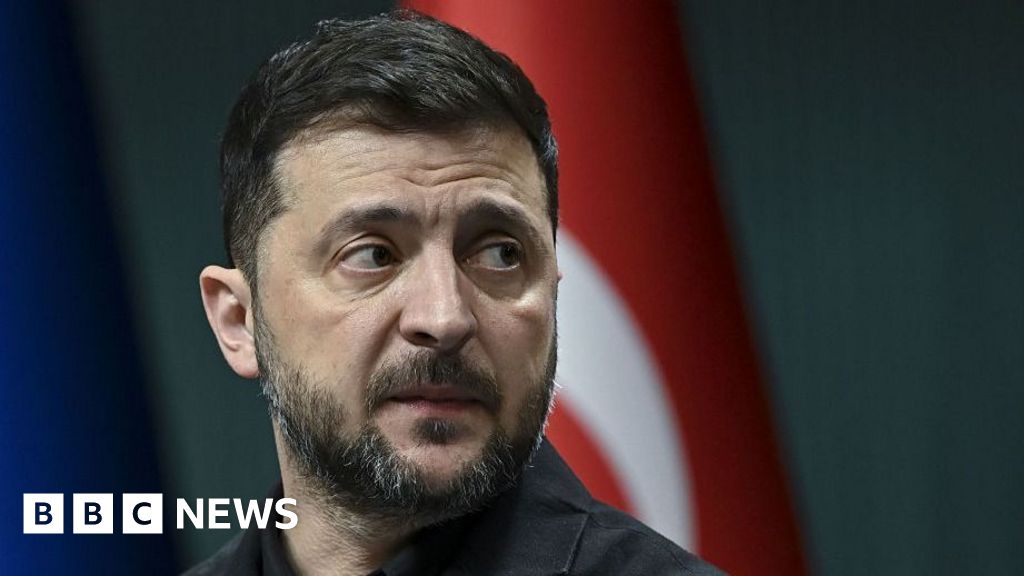As California voters prepare to choose their next governor in 2026, immigration remains one of the state's most divisive and closely watched issues.
Over several weeks in September, CBS News California Investigates correspondent Julie Watts sat down with each candidate in the race to discuss their views on a variety of issues, including immigration.
In this segment, we examine two nuanced and often misunderstood aspects of California's policy on health care for undocumented immigrants and California's Sanctuary State law.
The eleven remaining candidates — Xavier Becerra, Chad Bianco, Ian Calderon, Stephen J. Cloobeck, Steve Hilton, Katie Porter, Tony Thurmond, Antonio Villaraigosa, Butch Ware, Betty Yee and Leo Zacky — share where they stand on these issues.
The Candidates California Governor on Immigration | Side-by-Side Comparison by Julie Watts Investigates on YouTube
Where do you stand on ICE cooperation involving convicted, undocumented offenders?
California's sanctuary state law, established under Senate Bill 54 in 2017, limits when local and state law enforcement can assist federal immigration authorities by restricting holds, transfers, and notifications to ICE.
The law is designed to separate local policing from federal immigration enforcement and to protect due process for all.
Former U.S. Health and Human Services Secretary Xavier Becerra, a Democrat who previously defended California's sanctuary laws in court as attorney general, repeatedly stressed that the federal government cannot force the state to perform federal immigration enforcement.
"We do not allow dangerous people to be on our streets," he said, noting that California already notifies ICE of individuals in custody but cannot legally "hold them" after their sentence without crossing the line into federal detention.
"The federal government cannot compel the State of California, and I'm saying this to you not just because I'm pontificating, I'm saying it because, as attorney general, I went to court and won my case on this," Becerra said. "The federal government can not tell us in California to do federal immigration enforcement with them, for them."
Hilton, a Republican candidate, said he supports full cooperation with ICE "100 percent," arguing that enforcing federal immigration law prevents riskier operations in local communities.
"Remember, this is federal law… What is the point of passing laws if you don't enforce them?" he said.
Hilton also criticized SB 54, saying he "totally disagrees with it" and noting that a federal challenge to the law is underway.
Bianco, a Republican and Riverside County sheriff, also backed broader cooperation. Bianco also said he is suing the state to ensure California's sanctuary state status is either amended or "done away with."
"Every single person that is here illegally, that in addition commits a crime and ends up in jail, should be deported," he said.
Bianco emphasized that current deportations occur only after conviction, but said California should consider a system "that works for everybody" while stopping short of endorsing pre-conviction holds.
Zacky, a Republican, said sheriffs "are the ultimate arbiters of the Constitution," arguing they have a duty to work with ICE even when someone is "arrested but not yet convicted." When asked specifically about convicted offenders in CDCR custody, he agreed that cooperation should occur.
Cloobeck, a Democrat, said the line for him is conviction.
"You violate our laws… you're going to get your day in court," he said, adding that those convicted and undocumented should be removed.
Villaraigosa, a Democrat and former Los Angeles mayor, focused his response on existing exemptions in state law.
"What the law says currently is that we do cooperate with violent and serious felons," he said. "And I do think we should cooperate with them."
Democratic candidate Porter said California's current policy "is appropriate the way it is," pointing to built-in exceptions for violent crimes. She said support for cooperation between the state prison system and ICE "depends on the conviction," emphasizing that state law already allows cooperation in certain cases.
Thurmond, California's superintendent of public instruction who is also running as a Democrat, said law enforcement officials "have a responsibility" to work with ICE when a judicial warrant is involved. Thurmond continued, saying that he believes state "agencies should be doing ICE's job."
"I think we've established a tradition in California where our law enforcement agencies don't work with ICE as it relates to enforcement, and that's why we are the type of state that we are," he said.
Democratic candidate Calderon, a former state assemblymember, said voters overwhelmingly agree there should be "consequences" for undocumented people who commit crimes. While he said California should coordinate with the federal government, he also cautioned that immigrants are too often "demonized" by Washington.
Democratic former State Controller Yee supported allowing the CDCR to hold convicted individuals until ICE arrives.
"These are convicted criminals," Yee said, and later added, "for that very population, absolutely."
Green Party candidate Ware, by contrast, rejected ICE cooperation entirely, even for convicted offenders.
"I do not believe that the solution is to further reinforce the police powers of a federal state that is engaged in massive violation of all of our civil liberties," Ware said. "I'm going to find a better way to do that."
Where do you stand on health care access for undocumented immigrants in the asylum or residency process?
When the conversation shifted to health care for undocumented immigrants, specifically people entering through legal crossings and legitimately proceeding through the asylum or residency process, candidates again split along ideological lines.
Becerra said the laws are "pretty clear" that such individuals "already have access to care," adding that fear stoked by national politics has kept eligible families from seeking medical help.
"Donald Trump is scaring everyone, including those who have a legal right to access health care, and that's the unfortunate part because a lot of folks aren't sending their children in to get care because they're so afraid," Becerra said. "That's wrong, and we will not permit that in California."
Yee said she supports access to "a basic level of health care" for immigrants in these circumstances.
"I think we can debate what that level should be, but my fear is that if we should have a public health pandemic or just some other public health emergency, what would happen when we have this population and this community here in California that are not receiving health care?" Yee continued.
Thurmond gave his full support to providing health care to all undocumented immigrants, noting he voted for such expansions as a legislator.
"No matter how you feel about it, you cannot deny the costs to our systems when people without insurance go to an emergency room to get care," he said.
Villaraigosa, like many others, noted that the state already covers emergency care for undocumented immigrants and claimed that California "spends more on emergency health care for those folks than we would on Medi-Cal and preventative."
Ware said California should offer what "every civilized society on Earth has," supporting health care that is "free or affordable" for all people living in the state.
"How many people don't seek out care routinely because they're not sure how they're going to go about paying for it?" Ware said. "It does not have to be that way. We can absolutely balance the budget and pay for it."
Porter said she supports Medi-Cal coverage for asylees and individuals actively pursuing asylum or residency, calling it "appropriate."
Hilton said "everyone should have access to health care," arguing the U.S. should not be a "barbaric society," though he noted that other states offer coverage "in a much more limited way."
Calderon said coverage should be extended only after ensuring the state can meet the needs of citizens and permanent residents.
"Absolutely, we should try to help, but that's only if we have the resources," he said.
Cloobeck shared the same sentiment as long as the state has "a balanced budget," adding that "we take care of family first."
Bianco described the topic of health care for undocumented immigrants as "a tough question." He acknowledged that people in asylum or residency proceedings "do fit in" under current law and said he would require that recipients "had to be working" if they receive state coverage during those processes.
Zacky said he supports "some level of services" for immigrants moving through those legal processes but not "carte blanche."
As part of our ongoing political accountability series, CBS News California is helping voters compare California's top gubernatorial candidates side-by-side — not by talking points, but by how they respond to nuanced follow-up questions and opposing viewpoints on the issues that matter most to voters.
In the first part of this series, the candidates shared their stances on Proposition 50, California's controversial plan to redraw its congressional maps mid-decade, which was projected by CBS News to pass in early November.
You can watch every candidate's full answers side-by-side on our CBS News California Investigates YouTube playlist. It's a first-of-its-kind tool to help voters compare not just what the candidates say, but how they respond to questions on these issues.

